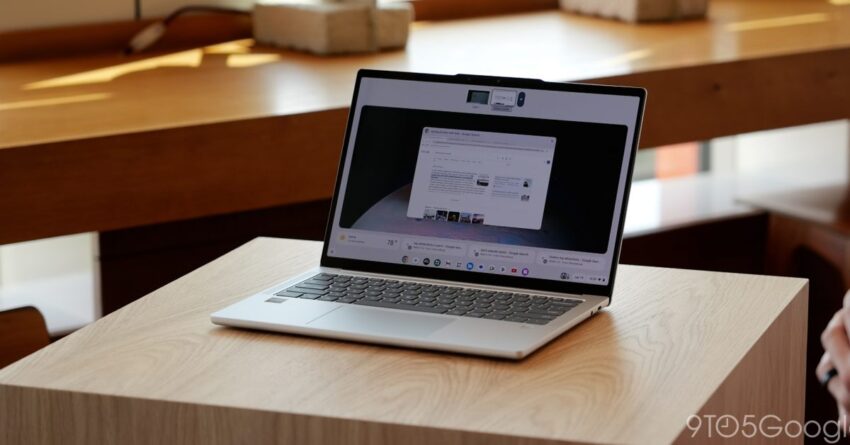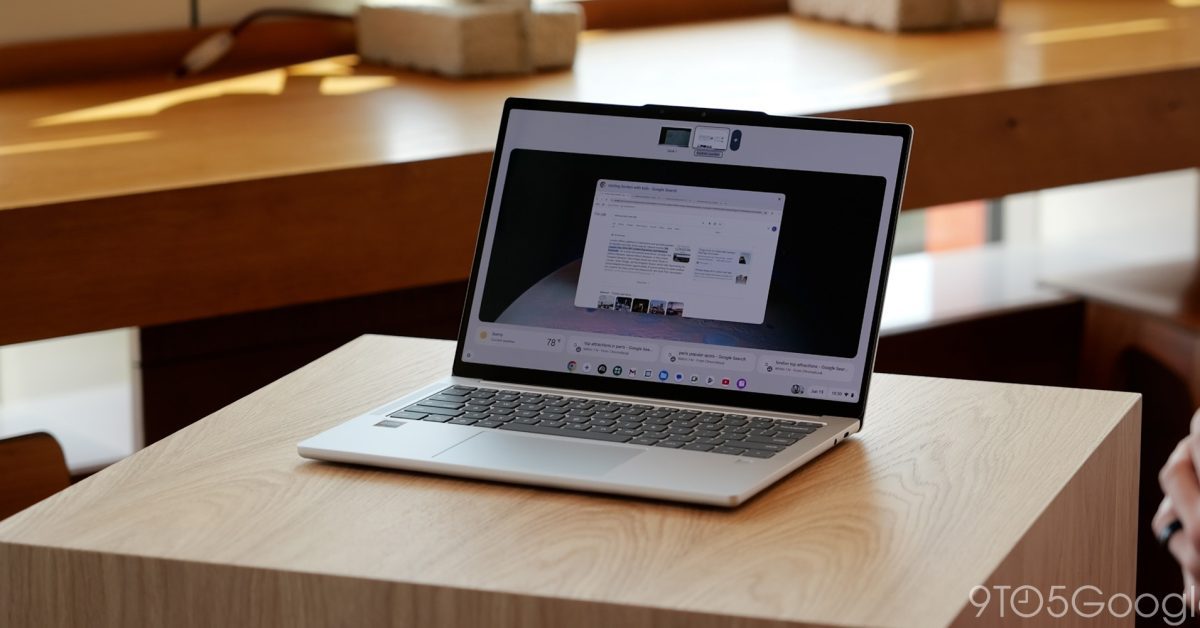
google listing says android pc os aluminium Google is set to unveil a new Android operating system tailored for PCs, dubbed “Aluminium,” which promises to integrate artificial intelligence at its core.
google listing says android pc os aluminium
Overview of Aluminium
As the tech giant prepares to launch its innovative Android experience for personal computers in the upcoming year, a recent job listing has shed light on the project. This new operating system, referred to as “Aluminium,” aims to bridge the gap between Android and ChromeOS, potentially reshaping user interaction across devices. The job listing indicates that Google is looking for candidates who can contribute to the development of this new platform, emphasizing its focus on AI integration.
AI Integration in Aluminium
One of the standout features of Aluminium is its commitment to placing artificial intelligence at the forefront of its functionality. This strategic move aligns with broader industry trends, where AI is increasingly becoming a pivotal component in enhancing user experience. By embedding AI deeply within the operating system, Google aims to create a more intuitive and responsive environment for users, enabling smarter multitasking, personalized recommendations, and improved overall performance.
Implications for Users
The introduction of Aluminium could significantly alter how users interact with their PCs. With AI at its core, the operating system could offer features such as:
- Enhanced Productivity: AI-driven tools may help users manage their tasks more efficiently, suggesting optimal workflows based on individual habits.
- Personalized Experiences: The system could learn from user behavior, tailoring applications and settings to fit individual preferences.
- Improved Security: AI could bolster security measures, identifying potential threats in real-time and adapting defenses accordingly.
These enhancements could make Aluminium a compelling alternative to existing operating systems, particularly for users seeking a more integrated and intelligent computing experience.
Connection to ChromeOS
Aluminium’s development is particularly noteworthy in the context of Google’s existing operating systems. ChromeOS has established itself as a popular choice for lightweight computing, especially in educational settings and among users who prioritize simplicity and speed. By introducing Aluminium, Google appears to be aiming for a more versatile operating system that combines the strengths of both Android and ChromeOS.
Potential Benefits of Integration
The integration of Android capabilities into a PC environment could offer several advantages:
- Access to Android Apps: Users may benefit from a broader range of applications, as Aluminium is expected to support Android apps natively, enhancing the software ecosystem available on PCs.
- Unified Experience: A seamless transition between devices could be achieved, allowing users to start tasks on one device and continue on another without interruption.
- Cross-Platform Compatibility: With both Android and ChromeOS under its umbrella, Google could facilitate better synchronization across devices, making it easier for users to manage their digital lives.
This integration could position Aluminium as a strong contender in the operating system market, appealing to a diverse range of users from casual consumers to professionals.
Market Context and Competition
The introduction of Aluminium comes at a time when the operating system market is highly competitive. Major players like Microsoft with Windows and Apple with macOS dominate the landscape, each offering unique features and capabilities. Google’s entry into this space with Aluminium could disrupt the status quo, particularly if it successfully leverages AI to enhance user experience.
Stakeholder Reactions
Initial reactions from industry stakeholders have been mixed. Some experts express optimism about Google’s ability to innovate in the operating system space, citing the company’s track record with Android and ChromeOS. Others, however, remain skeptical, questioning whether Aluminium can carve out a significant market share in an already saturated environment.
Tech analysts have pointed out that while AI integration is a promising feature, its success will ultimately depend on execution. Users will need to see tangible benefits in their daily computing tasks to fully embrace the new operating system.
Development Timeline and Future Prospects
While specific details about the launch timeline for Aluminium remain sparse, the job listing suggests that Google is actively recruiting talent to expedite development. This indicates a commitment to rolling out the operating system in the near future, potentially aligning with other product launches or updates from the company.
Long-Term Vision
Looking ahead, Google’s vision for Aluminium may extend beyond just an operating system for PCs. The company could be aiming to create a cohesive ecosystem that integrates seamlessly with its other products and services, such as Google Workspace, Google Assistant, and various smart home devices. This interconnected approach could enhance user engagement and loyalty, positioning Google as a leader in the next generation of computing.
Conclusion
The unveiling of Aluminium represents a significant step for Google as it seeks to redefine the personal computing experience. By focusing on AI integration and leveraging the strengths of both Android and ChromeOS, the company aims to create a versatile operating system that meets the evolving needs of users. As the development progresses, it will be essential to monitor how Aluminium is received in the market and whether it can successfully compete with established players.
Source: Original report
Was this helpful?
Last Modified: November 25, 2025 at 11:39 am
2 views















